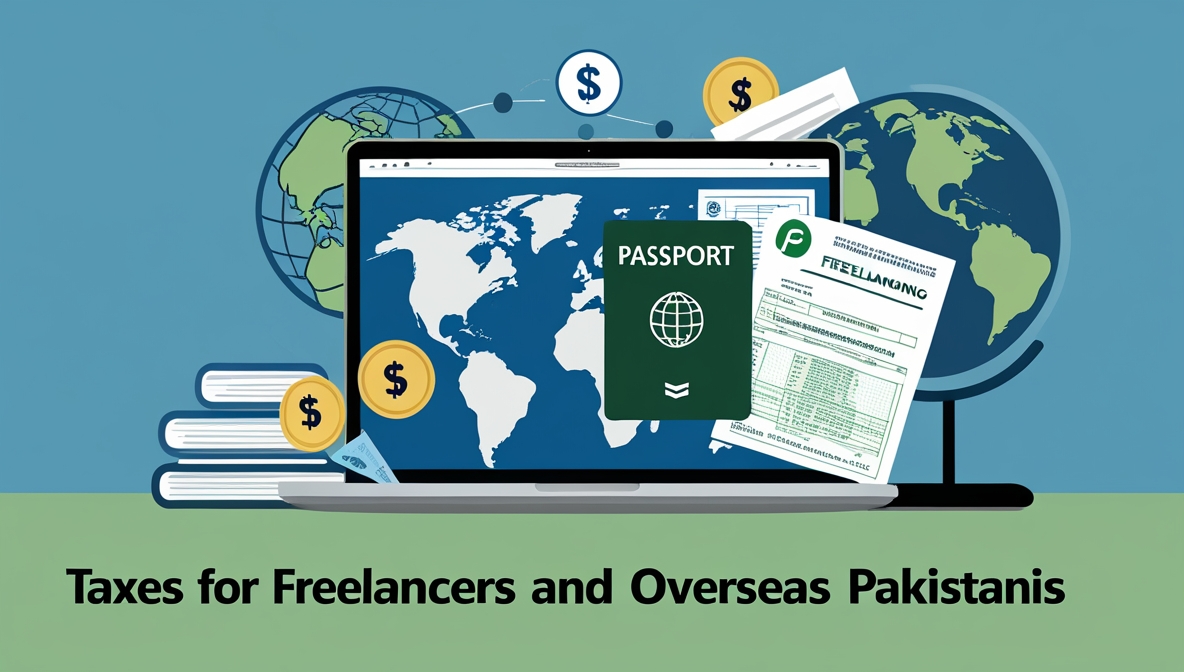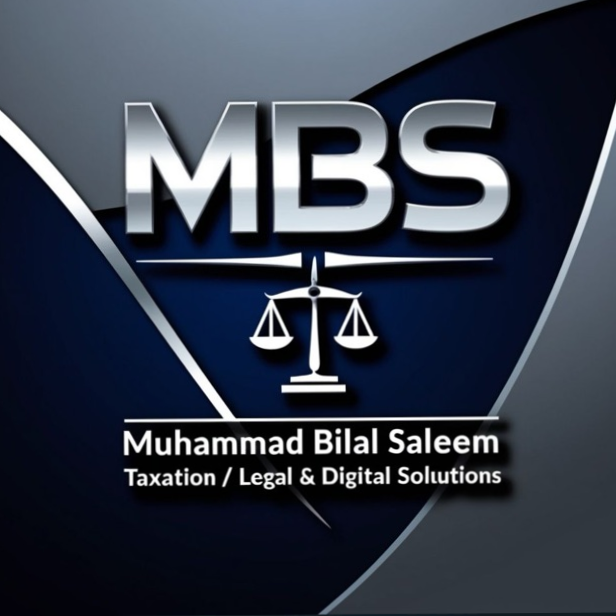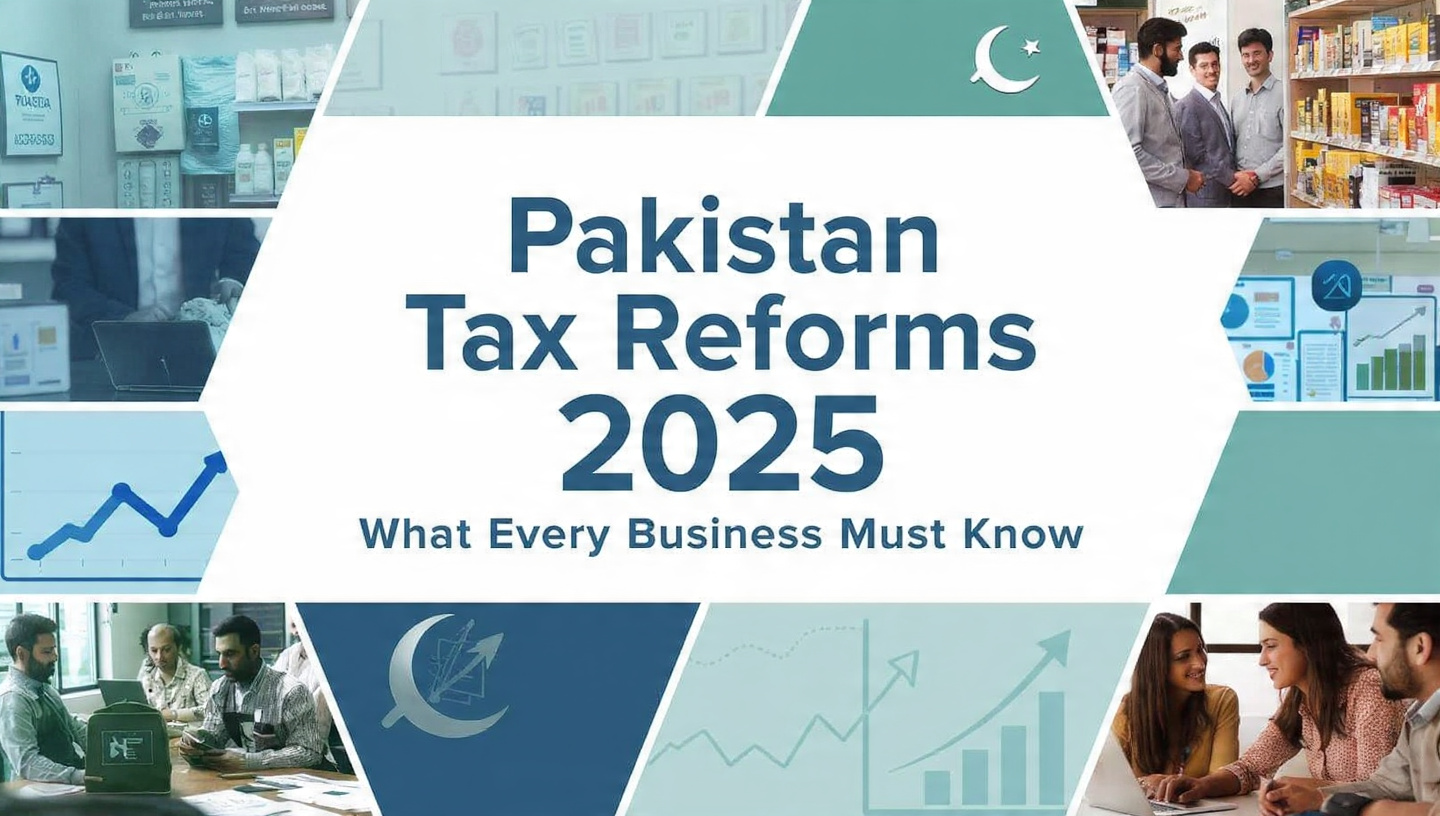
Ah, freelancing and living overseas—two dreams wrapped in the reality of modern work. One lets you work in pajamas, the other lets you pretend you miss biryani while you eat burgers. But guess who hasn’t forgotten you? That’s right, the Pakistani tax system! As a freelancer or overseas Pakistani, this is Freelancers & Overseas Pakistanis: A Tax Tale You Can’t Ignore, a tax tale you can’t ignore and a reality every freelancer and overseas Pakistani must face.
Freelancers, Meet FBR (Fear Be Real)
Understanding the complexities of taxation for freelancers & overseas Pakistanis is crucial. This tax tale you can’t ignore will guide you through your obligations and rights.
This tax tale is especially important for freelancers & overseas Pakistanis, as it highlights the unique challenges they face.
Freelancers & Overseas Pakistanis: A Tax Tale You Can’t Ignore
The complexities of being a freelancer mean that understanding Freelancers & Overseas Pakistanis: A Tax Tale You Can’t Ignore is essential for long-term success.
As freelancers & overseas Pakistanis navigate their business, they must remember that the FBR treats their income as taxable, making this Freelancers & Overseas Pakistanis: A Tax Tale You Can’t Ignore ever more relevant.
If you’re a freelancer, you know the drill—late-night deadlines, clients who ghost you, and… taxes? Yep. If you’re earning money while sitting in your cozy corner in Lahore, Karachi, or even Dubai but sending invoices abroad, the Federal Board of Revenue (FBR) considers you a taxpayer. That’s right, FBR sees all.
But don’t panic! Income from foreign clients is categorized as foreign-sourced income, and guess what? It’s taxable. However, here’s a fun twist—freelancers can often get tax credits if payments are received through official channels like banks. So, if you’ve been hoarding payments in PayPal or under your mattress, now’s the time to reconsider.
In your journey as freelancers & overseas Pakistanis, remember: this tax tale is one you can’t ignore.
Every year, the story for freelancers & overseas Pakistanis remains the same; it’s a tax tale you can’t ignore.

Overseas Pakistanis: You Can Run, But You Can’t Hide
This is not just any tax tale—it’s specifically for freelancers & overseas Pakistanis who want to stay compliant.
Again, remember that this Freelancers & Overseas Pakistanis: A Tax Tale You Can’t Ignore is one that can impact your financial future.
Oh, so you thought moving to Dubai, London, or Toronto meant saying goodbye to Pakistani taxes forever? Not so fast, expats. If you’re earning income in Pakistan, be it through property, investments, or freelancing, FBR expects you to share the love (read: taxes).
But here’s the silver lining: if you’ve already paid taxes in the country you live in, Pakistan has double taxation treaties with many countries. That means you don’t have to pay taxes twice. Thank goodness! It’s like getting a VIP pass to the tax system.
For many, being freelancers & overseas Pakistanis means grappling with a tax tale you can’t ignore.
As you file your taxes, keep in mind that for freelancers & overseas Pakistanis, this tax tale is crucial to understanding your obligations.
Our team is here to help all freelancers & overseas Pakistanis navigate this tax tale you can’t ignore.
Adding a Dash of Humor to Your Tax Adventure
Freelancers & overseas Pakistanis need to be prepared to face the taxman; this is a tax tale you can’t ignore.
Freelancers & overseas Pakistanis can reach out whenever they have questions about this tax tale you can’t ignore.
In the end, this tax tale serves as a reminder for all freelancers & overseas Pakistanis of their important responsibilities.
This tax tale involves various aspects for freelancers & overseas Pakistanis, so ask your questions.
Let’s face it—nobody likes taxes, but let’s appreciate the absurdity of it all. Freelancers worry more about meeting FBR deadlines than client deadlines. And overseas Pakistanis are stuck in the weirdest relationship ever: “I don’t live there anymore, but I still pay for it?”
If FBR was a person, it’d probably show up in your dreams saying, “Ab tax bhi dedo na, please!”
Final Thoughts
For freelancers and overseas Pakistanis, understanding taxes isn’t just about dodging trouble—it’s about staying financially savvy. Whether you’re earning dollars, dirhams, or dinars, it’s better to stay on FBR’s good side. Pay your dues, keep your records, and hey, at least you’ll have a story to tell about the time you “chatted” with the tax system.
Now go forth, file those taxes, and remember: you can outrun deadlines, but you can’t outrun FBR. Or biryani cravings. 🍛
Here’s a “Contact Us” section that you can use for your blog:
Contact Us
We’d love to hear from you! Whether you have questions about taxes, feedback on our content, or just want to say hello, feel free to reach out to us.
- Email: muhammadbilalsaleem555@gmail.com
- Phone/WhatsApp: +92 3087543324
- Social Media: Connect with us on Facebook.
Got a specific question? Use our Contact Form here to get in touch, and we’ll get back to you faster than a freelancer’s Wi-Fi during a deadline!
FAQs
Do Freelancers in Pakistan Need to Pay Taxes?
Yes, freelancers in Pakistan are required to pay taxes on their income. If your annual income exceeds the taxable threshold (set by the FBR), you need to file your tax returns. The process can seem daunting, but it’s manageable with proper guidance. Plus, being a filer can save you from higher withholding taxes!
Are Overseas Pakistanis Required to File Taxes in Pakistan?
If you’re a Non-Resident Pakistani (NRP) and your income is earned abroad, it’s generally not taxable in Pakistan. However, if you have income or assets within Pakistan, such as property or bank accounts, you may still need to file taxes. Always check the FBR rules to stay compliant.
What Happens If I Don’t File My Taxes?
Not filing taxes can lead to penalties, higher withholding taxes, and legal issues. For freelancers, non-filing means losing out on benefits like reduced tax rates for filers. For overseas Pakistanis, non-compliance could impact your ability to manage assets back home. It’s always better to stay on the good side of the taxman!




